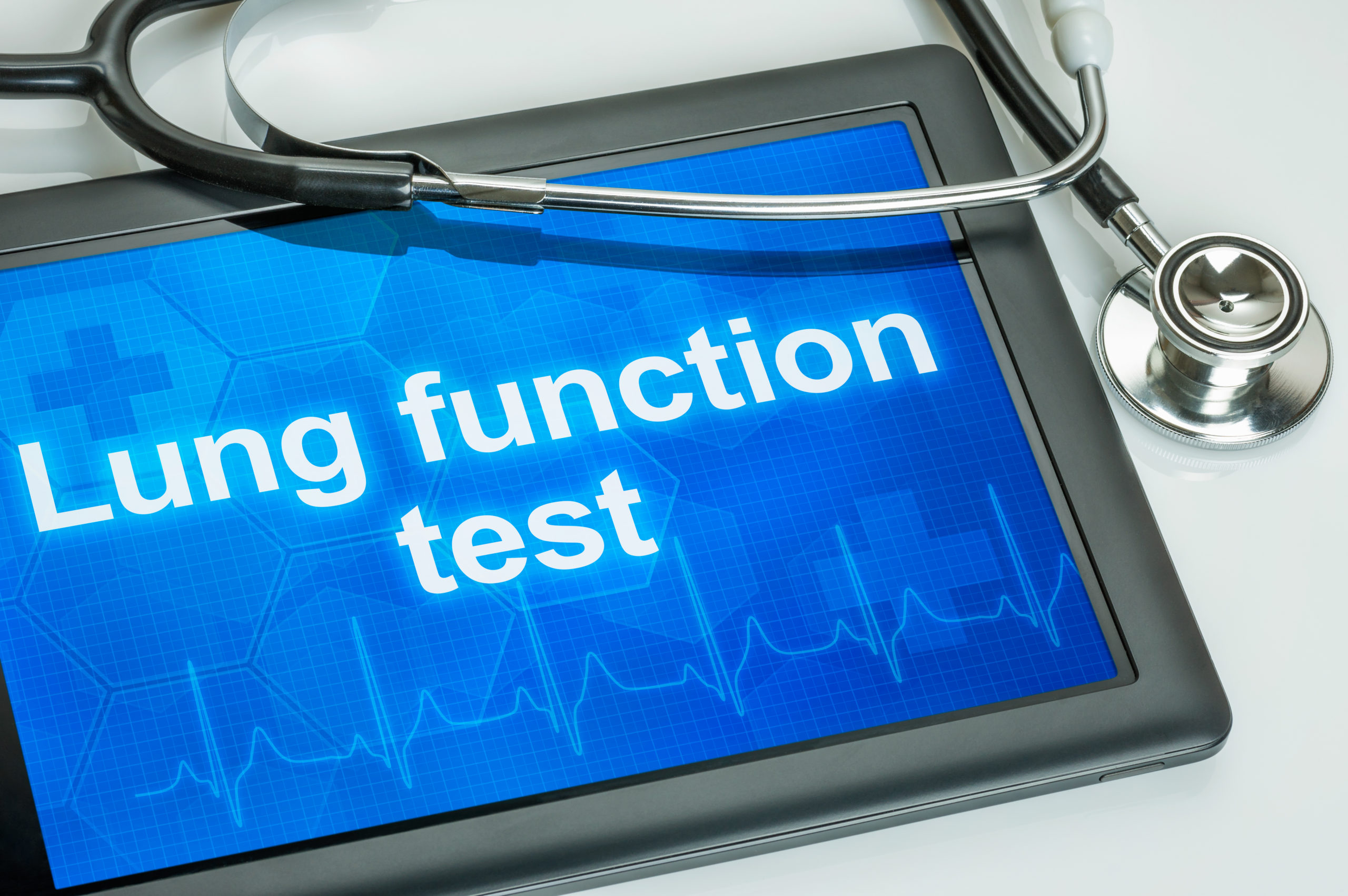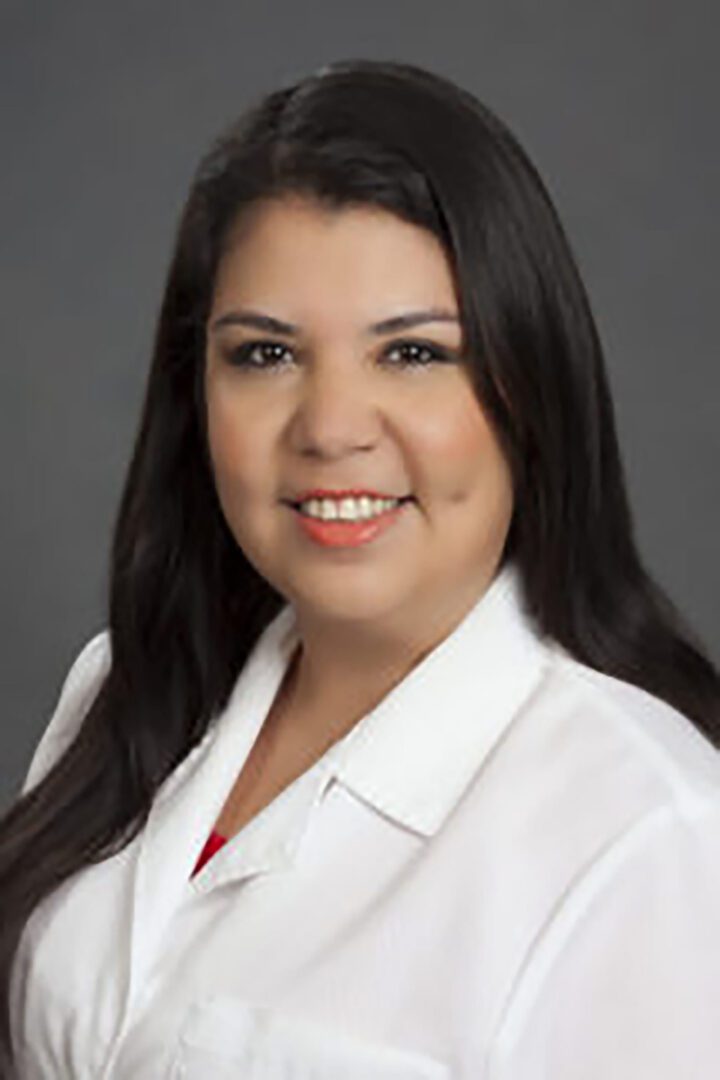A simple test to determine lung health.
A Pulmonary Function Test (PFT) is a simple test that measures air volume and air flow to your lungs. This test is performed by our team of Pulmonology & Sleep Disorders specialists for the diagnosis and treatment of respiratory diseases.
If you currently smoke or are a former smoker, you can benefit from this test, as well as if you have asthma, a neuromuscular disorder, cystic fibrosis, congestive heart failure, or AIDS.
Through receiving accurate measurements of airflow obstruction, a PFT can help ensure successful treatment of a respiratory disease. It also helps lower the risk of heart attack, stroke, lung cancer, and other tobacco related cancers.
To schedule a Pulmonary Function Test, please contact us today.
Doctors
Our Specialist
Internist/Nephrologist Dr. Sheyla Zelaya and Internist Dr. Ana Karovska have built a new model for their practice on the ‘qualities’ that allow the best medical practices to succeed and flourish - getting close to thier patients, close to their needs, their concerns, their hopes and their dreams.
Frequently asked questions
Pulmonary function testing reveals multiple things, including:
- Lung volumes – how much air the lungs can hold at any given time throughout the respiratory cycle
- Lung capacity – how much air the lungs can exchange at the end of maximal inspiration (after inhaling as deeply as possible)
- Airflow rates – how quickly you can move air in and out of the lungs
- Gas exchange – how well your lungs are able to transport gas across lung tissue, into the circulatory system, and back out again
Pulmonary function testing is noninvasive and it does not involve any needles or painful aspects. However, certain parts of the test will require you to blow as hard as you can into the handheld device, which can cause you to cough, or even feel out of breath or light headed for a short period of time. This is not common and usually is not problematic.
Some of the most common inquiries from patients include questions about eating and taking medications. You do not need to have an empty stomach to undergo pulmonary function testing, but you should not eat a heavy meal right before taking the test. In some cases, your doctor may ask you to not take your bronchodilator inhalers on the day of the test. Patients should wear loose-fitting clothing that does not restrict breathing.



